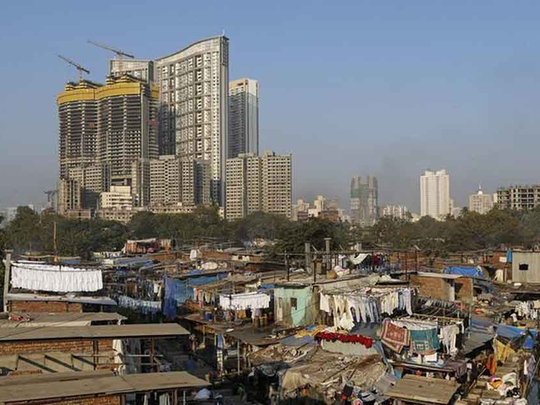
There’s no denying that the GST (Goods and Services Tax) Bill, which was passed in the Rajya Sabha, on August 3, 2016, and that will be implemented from April 2017, is singularly the most powerful taxation reform India has seen.
India’s business eco-system has been plagued by multiple layers of taxation, at the central, state and municipal levels. What the GST plans to do is create a uniform tax regime, with the abolition of various central, state and local taxes, which is aimed at allowing easier transfer of goods between states.
How does this impact the real estate sector specifically? Anuj Puri, chairman and country head – JLL India, explains the repercussions of this Bill on residential real estate: “Currently, in the case of buying an under-construction flat, a home buyer needs to pay both Service Tax (4.5%) and VAT (1% in Maharashtra, varies from state to state).
"Additional indirect taxes are paid by the developer during procurement, which get built into the cost of an apartment. Stamp Duty (5% in Maharashtra, varies from state to state) which is payable on property transfers, is not going to be subsumed into the GST,” he points out. The most important benefit for the industry is likely to be the cascading effect the GST will have on this sector, which shares positive symbiotic relationships with more than 250 other sectors like cement, steel, IT, BFSI, etc. Due to this, the benefits or drawbacks of the GST on each sector, will also have an indirect impact on real estate and vice- versa.
Apart from the significant reduction in tax management expenses due to a single unified tax, the compliance costs will go down too.
Experts also point out that the doing away of restrictions on credit utilisation is likely to help strengthen the credit chain in the entire system. Developers can make profits by managing this aspect.
However, there still remain grey areas. Anil Pharande, chairman, Pharande Spaces, says, “There is confusion regarding GST implementations on residential property. In the present scenario, there is no service tax applicable on renting immovable property, particularly for residential purposes. However, service tax and VAT is applicable on construction work. The question that arises is if the GST will offer differential tax for residential properties.
“As of now, it does not look like completed residential projects will be affected by the GST, as buyers of these projects have already paid the statutory charges, such as stamp duty and registration charges on the transaction. The segments to watch on the GST front are under-construction flats and rental flats, which are expected to come under its ambit, adds Pharande. GST will apply to the materials that a developer procures for building a residential project as well. Hence, it will have a direct impact on the overall cost of construction.”
Neha Hiranandani, Director, House of Hiranandani, throws light on another grey area – valuation of land. “The Bill treats construction activities as ‘work contracts’ but is silent about guidelines on valuation of land and has kept the sector away from input tax credit. This could mean higher costs for the end-consumer.”
The consensus in the real estate sector is that the success of the GST hinges on the final rate decided, since the bill allows each state to decide the rate of its GST, apart from the central GST. If this combination ends up being more than the existing cumulative taxes, then, the overall cost of buying an under-construction flat will increase, along with the added cost of stamp duty and registration. The direct impact of GST on real estate, in terms of tax outflow for developers and consumers, will therefore, depend on whether the final GST rate is more or less than the taxes paid currently.











